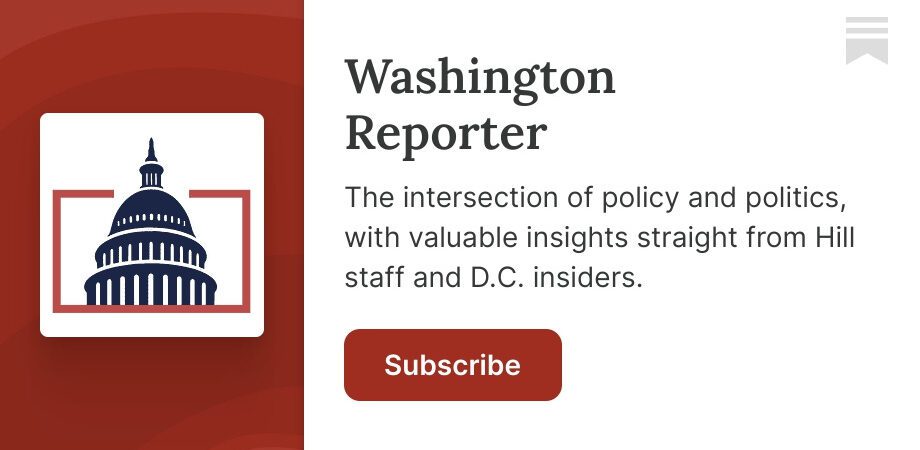Navigating Crypto Regulation: Balancing Clarity with Decentralization for a Resilient Future


Congress is currently considering major new crypto regulations, including the GENIUS Act and the CLARITY Act, with the aim of providing clearer rules and more legitimacy to the cryptocurrency industry. While regulatory clarity is vital for mainstream adoption, these bills risk undermining the very qualities that make crypto transformative: its **decentralized, trustless nature**.
Cryptocurrencies are digital assets that use blockchain technology to enable secure, transparent peer-to-peer transactions without the need for a central authority. This free-market, decentralized model has not only fueled innovation—spurring sectors like smart contracts and tokenized real-world assets—but it has also demonstrated resilience and adaptability. Crypto’s success stems from open competition and the absence of heavy-handed government control.
Despite crypto’s record of rapid technological progress, current legislative efforts propose bringing it under the same centralized regulatory umbrella as traditional finance. This centralized mindset risks sacrificing flexibility and slowing innovation in a space that thrives on rapid change and experimentation.
An alternative approach is possible. Instead of imposing rigid regulations, Congress could encourage **private regulation and self-regulatory organizations**, similar to those that have flourished in other industries. Private regulatory bodies—such as the NYSE, NASDAQ, and FINRA—have long set standards and shaped markets by adapting quickly to evolving needs, often outpacing conventional government oversight. Voluntary standards have enabled industries to refine best practices, improve quality, and build trust.
If Congress gives the crypto industry room to develop its own regulatory frameworks, it could foster a dynamic ecosystem where rules evolve alongside technology. Private actors could compete to build fair, transparent, and effective regulatory systems tailored to decentralized networks, ensuring continued innovation and protection for participants.
To truly unlock crypto’s potential, regulation itself should embrace decentralization. By trusting in competition and technological progress, Congress can protect the foundational principles of crypto—and enable a more resilient financial future.

Leave a Comment